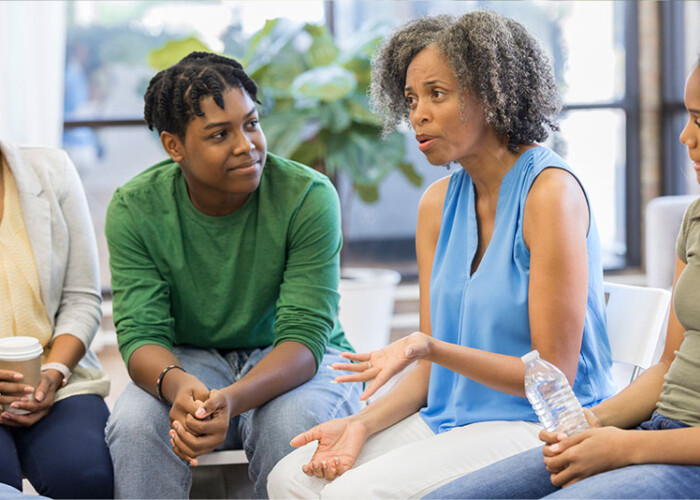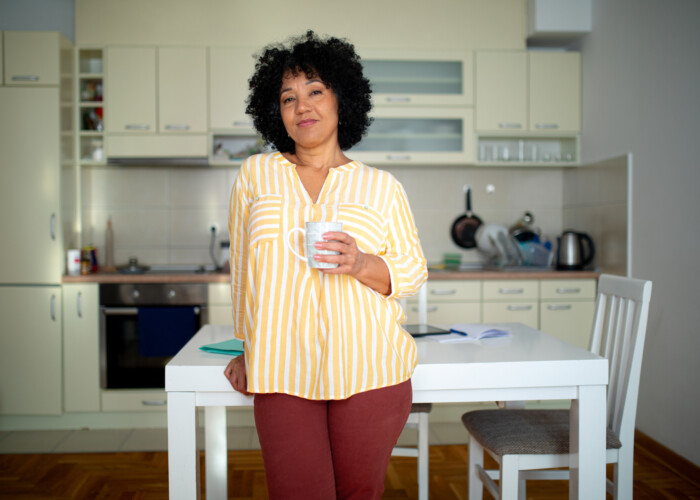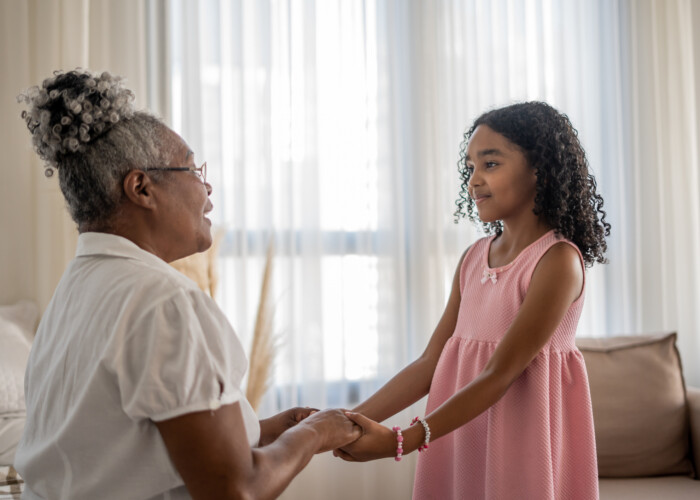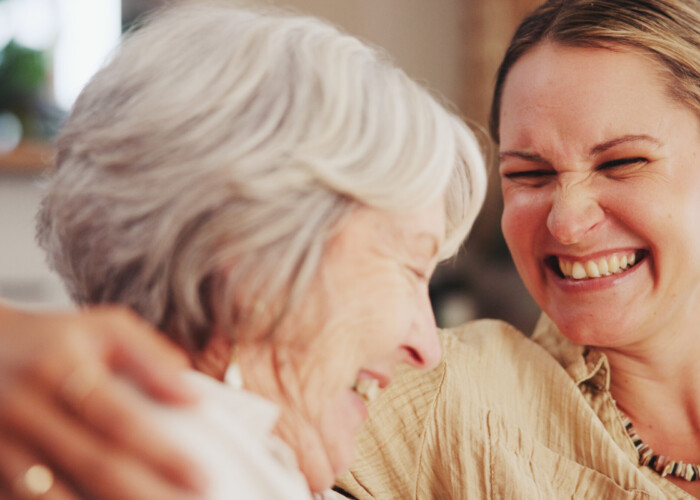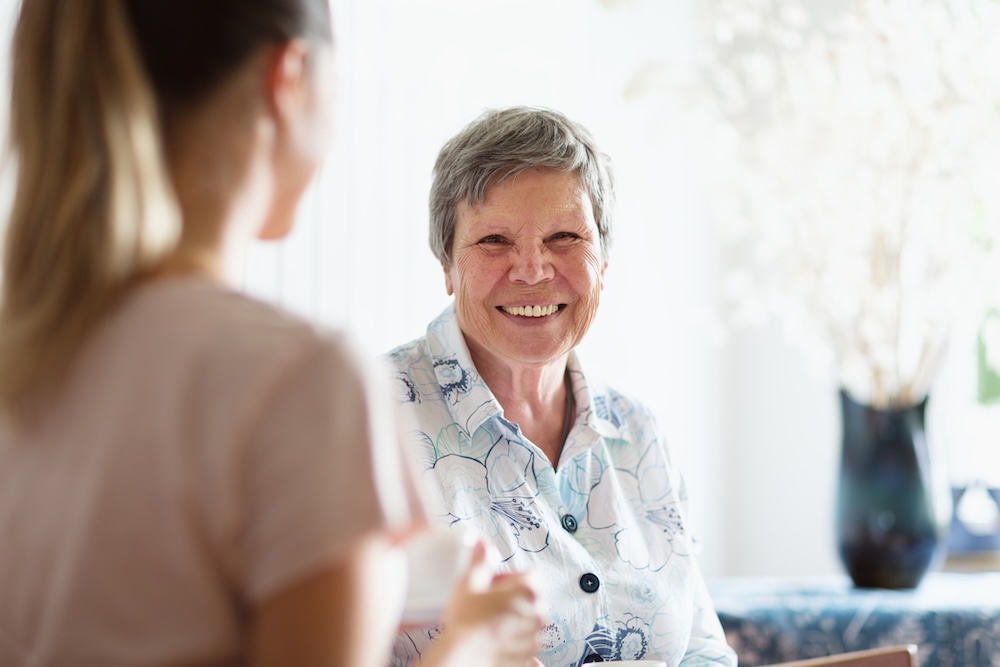Aging
Tips to Ease Financial Concerns After a Dementia Diagnosis
Learn how to ease financial concerns after a dementia diagnosis in someone you love.
With so much attention focused on medications, medical appointments, safety concerns, and the day-to-day challenges of supporting someone with dementia, it’s easy for financial planning to slide to the bottom of the list. And yet, it’s one of the areas that can create the most stress if it’s left unaddressed. Questions about affordability, future care needs, and financial responsibility tend to surface quietly, often late at night, when everything else finally slows down.
You may be wondering whether you’re prepared to manage finances if the need arises, or whether the person you’re helping has the right safeguards in place. While the topic can feel overwhelming, taking the time to answer a few key questions can ease financial concerns after a dementia diagnosis.
1. What … Read More »
How Physical Activity in Dementia and Heart Disease Looks Different
Learn what physical activity in dementia and heart disease should look like.
You may notice that movement doesn’t come as naturally as it once did. Exercises that used to feel routine now take encouragement, patience, and hands-on support. A short walk feels longer. Simple stretches require reassurance. When physical activity in dementia and heart disease becomes part of daily care, the focus shifts from performance to preserving strength, circulation, and confidence in a body that’s working harder than it used to.
Why Movement Still Matters When Both Conditions Are Present
Heart disease affects how efficiently oxygen-rich blood moves through the body, including to the brain. Dementia affects balance, coordination, awareness, and motivation. Together, these conditions can make inactivity tempting, but avoiding movement often worsens both physical and cognitive symptoms.
Even gentle, supported activity can help:
Improve circulation and oxygen … Read More »
Your Guide to Better Family Communication in Caregiving
Family communication in caregiving can either ease tension or fuel it, depending on how conversations are handled.
Family communication in caregiving often starts with good intentions and ends with raised voices, hurt feelings, or conversations that never quite get finished. You may go into a discussion hoping to solve one small issue, like who will handle appointments or whether extra help is needed, only to realize you’re actually unpacking years of family history, assumptions, and unspoken worries.
Why You Should Be Placing Limits on Your Caregiving Responsibilities
Placing limits on your caregiving responsibilities isn’t easy, but it’s vitally important for both you and the person in your care.
When you’re supporting someone day after day, it’s easy for “I can handle it” to become your automatic response. You say yes before you pause to check your calendar, your energy level, or your own needs. You stay later than planned, eat on the go, cancel personal plans, and tell yourself you’ll rest once things slow down. The problem is, caregiving rarely slows down on its own. Without placing limits on your caregiving responsibilities, the strain keeps building until exhaustion or frustration starts to show up in ways you didn’t expect.
Subtle Changes in an Older Parent’s Life and What They Mean for Caregivers
Looking for little changes in an older parent’s life is key to ensuring they’re receiving the right level of care and preventing serious problems.
Aging rarely announces itself all at once. More often, it shows up in pieces, a small change here, a minor adjustment there. When you think back over the past year with a parent, the standout moments might be a holiday visit or a medical appointment. But the shifts that deserve your attention usually live in the in-between times, woven into everyday routines. It’s these changes in an older parent’s life that you need to begin to pay attention to.
How to Involve Kids in Caregiving: An Age by Age Guide
Knowing how to involve kids in caregiving can make everyone involved feel more connected.
Kids have a way of transforming a room the moment they walk in. Their questions come out of nowhere, their laughter is contagious, and their energy fills the space with something light and refreshing. While caregiving is usually handled by adults, understanding how to involve kids in caregiving helps everyone involved.
Supporting Family Caregivers Means Supporting the Entire Community
Supporting family caregivers builds stronger communities.
You’ve probably heard the saying, “It takes a village.” But what happens when the villagers—the caregivers—are exhausted? Supporting family caregivers is vitally important for the caregivers themselves, but also for the community as a whole.
This Tactic to Improve Emotional Health in Seniors May Surprise You!
Try this one effective strategy to boost emotional health in seniors and see the difference it can make!
When caring for an older adult, it’s natural to focus on physical health: blood pressure, medications, diet, and mobility. But what about the unseen risks? Emotional health in seniors plays just as critical a role in overall well-being. Loneliness, stress, and depression can all silently chip away at health, making recovery slower and daily life more difficult.
Is It Anxiety, Depression, or PTSD in a Senior Loved One? Here’s How to Tell.
It’s important to recognize the signs of PTSD in a senior loved one and know where to turn for help.
A sudden crack of fireworks booms overhead, and the person next to you stiffens. A song drifts through the room, and you notice a shift in their expression. For someone who has lived through trauma, everyday sights, sounds, and smells can be powerful reminders of painful experiences. What might appear to be nerves, stress, or even age-related changes can actually be something much more complex: PTSD in a senior loved one.
See you at the Fair!
We’re LIVE!
Join us today from 9 to 3 at the MARIN SENIOR FAIR! Meet tons of Community Partners, and learn about a myriad of services and products focused specifically on our Senior Community. The event is FREE, with lots of food, entertainment and prizes! And there’s also air conditioning! Stop by the Hired Hands Homecare booth to say HI – hope to see you there!
Get the details at https://2025.marinseniorfair.org/





